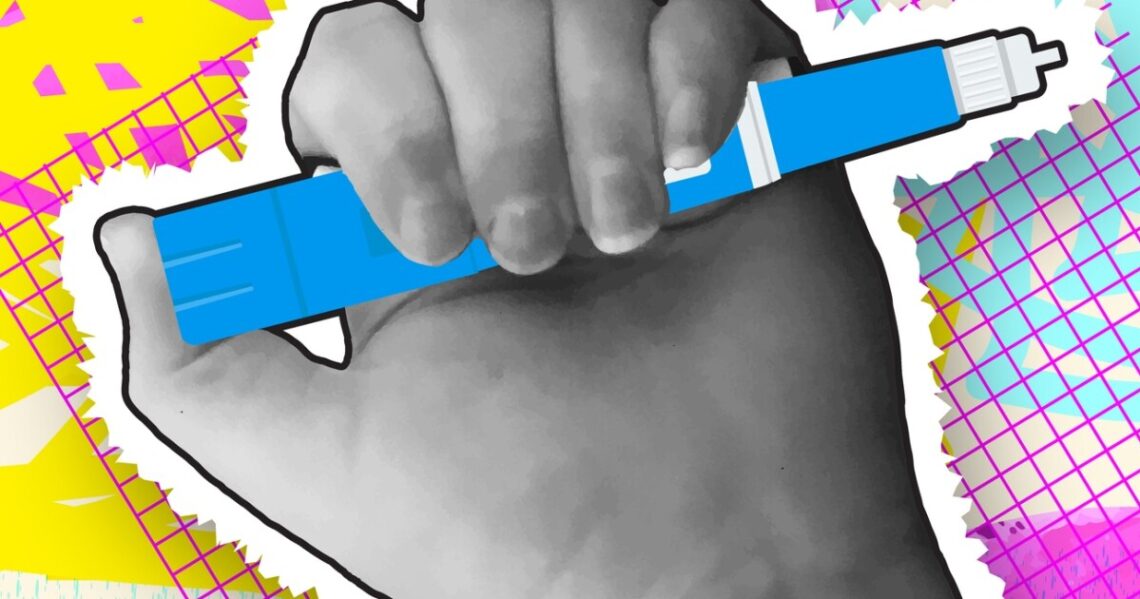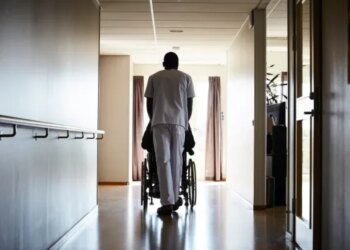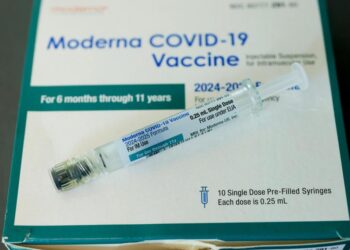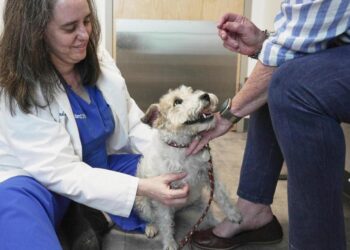For customers using a telehealth website to get cheaper versions of popular obesity drugs, the low prices turned out to be too good to be true.
Customers of Zappy Health tell NPR they were drawn to the online provider by its low prices, its lack of subscription fees and its handy smartphone app with a chat feature for patients to talk to one another during their weight-loss journeys.
The Zappy chat was ultimately how many customers first learned that Ousia Pharmacy — one of several pharmacies that supplied Zappy with compounded obesity drugs — didn’t have a required license, one that ensured the drugs were produced in accordance with safety and potency standards.
Compounded drugs that Zappy and other telehealth sites sell aren’t generics. Instead, they’re essentially copies of the name-brand drugs, made by specialized pharmacies. The Food and Drug Administration allows this kind of compounding during drug shortages.
Compounding pharmacies are regulated at the state level. Ousia, in Spring Hill, Fla., didn’t have what’s called a sterile compounding license. The obesity drugs made by compounding pharmacies are given by injection, so attention to sterile production is critical to avoid contamination that could cause infections.
Zappy didn’t find out about Ousia’s licensing problem until December and it ceased its roughly three-month relationship with the pharmacy on Dec. 13, Zappy’s founder, Dr. Michel Choueiri, told NPR in an email after a broadcast version of this story aired. He called Zappy “the biggest victims of this situation” and said that it has left the company in “severe financial and reputational ruin.”
Some Zappy customers NPR spoke with found out about the problem on Reddit.
Laura Franzese, in Portland, Ore., learned about the…
Read the full article here







